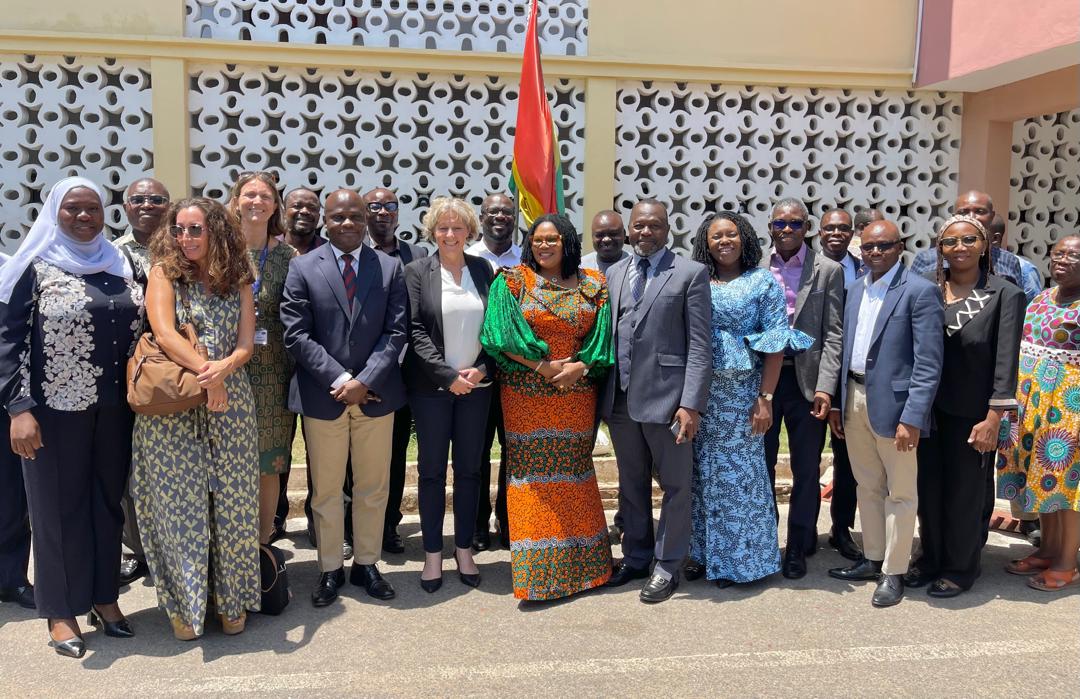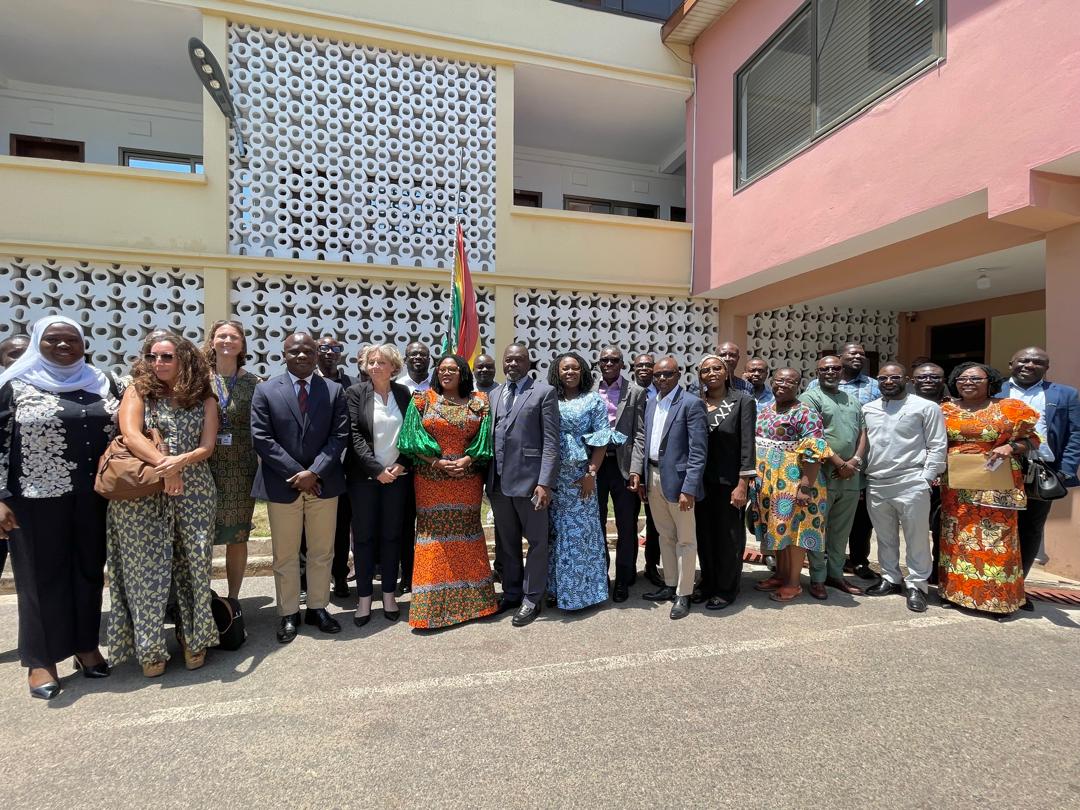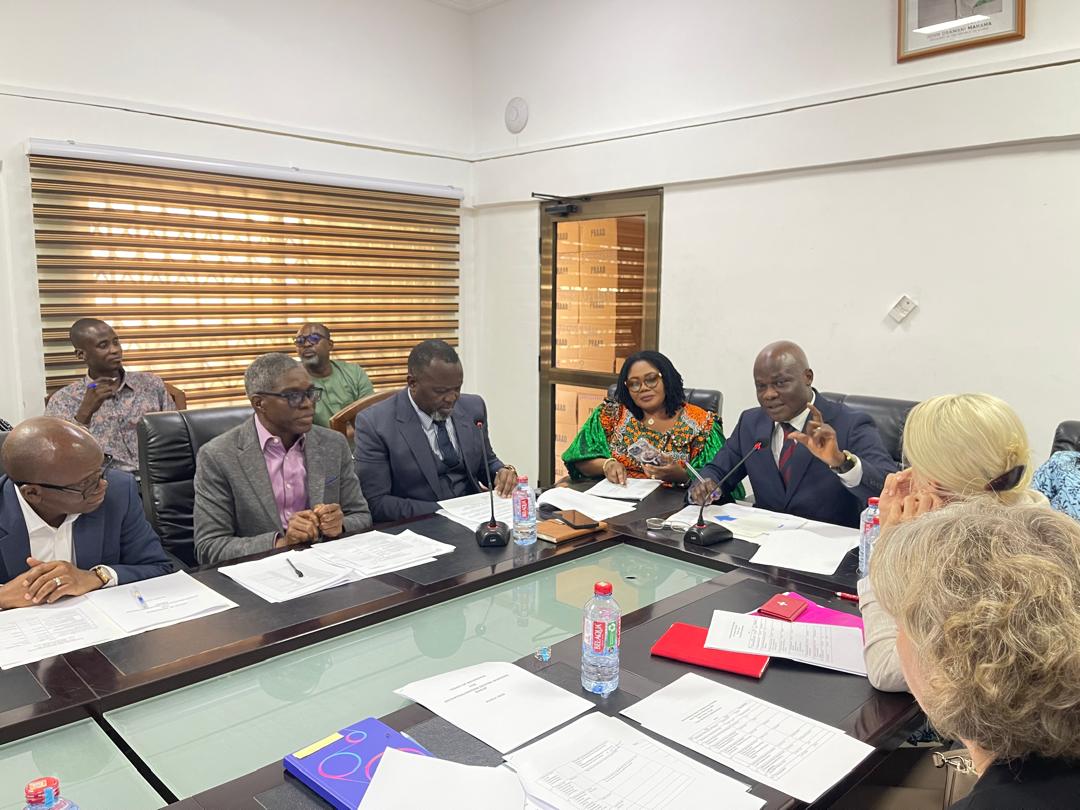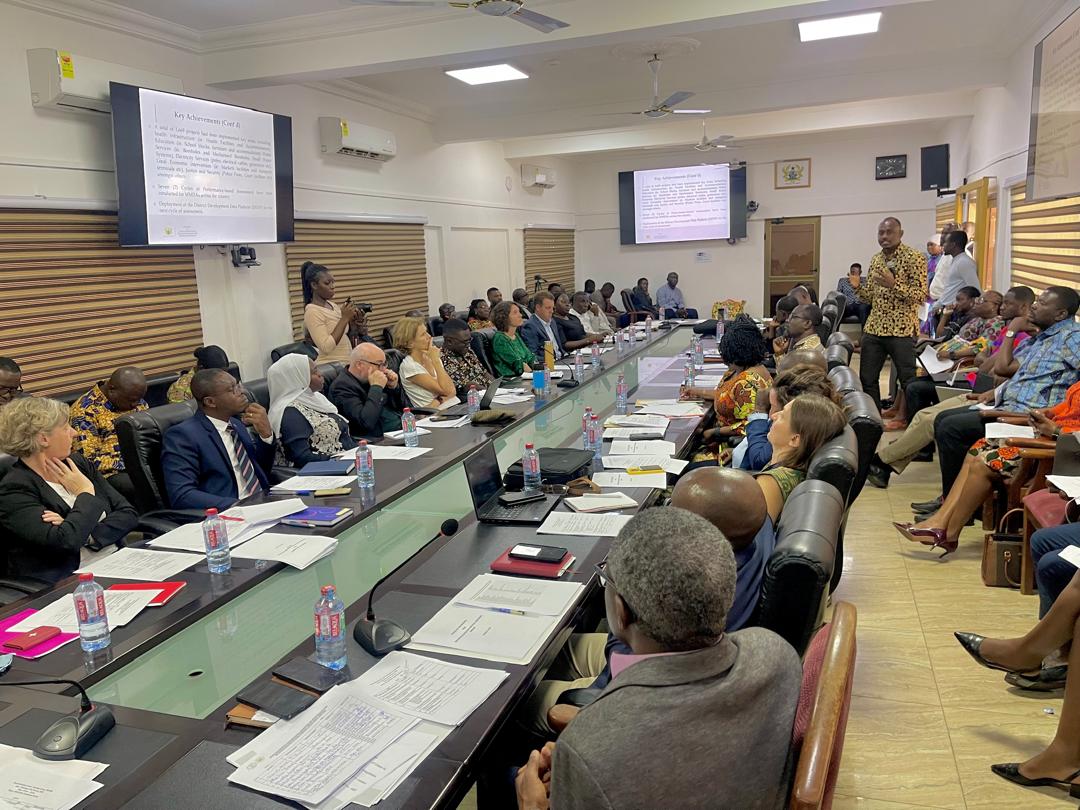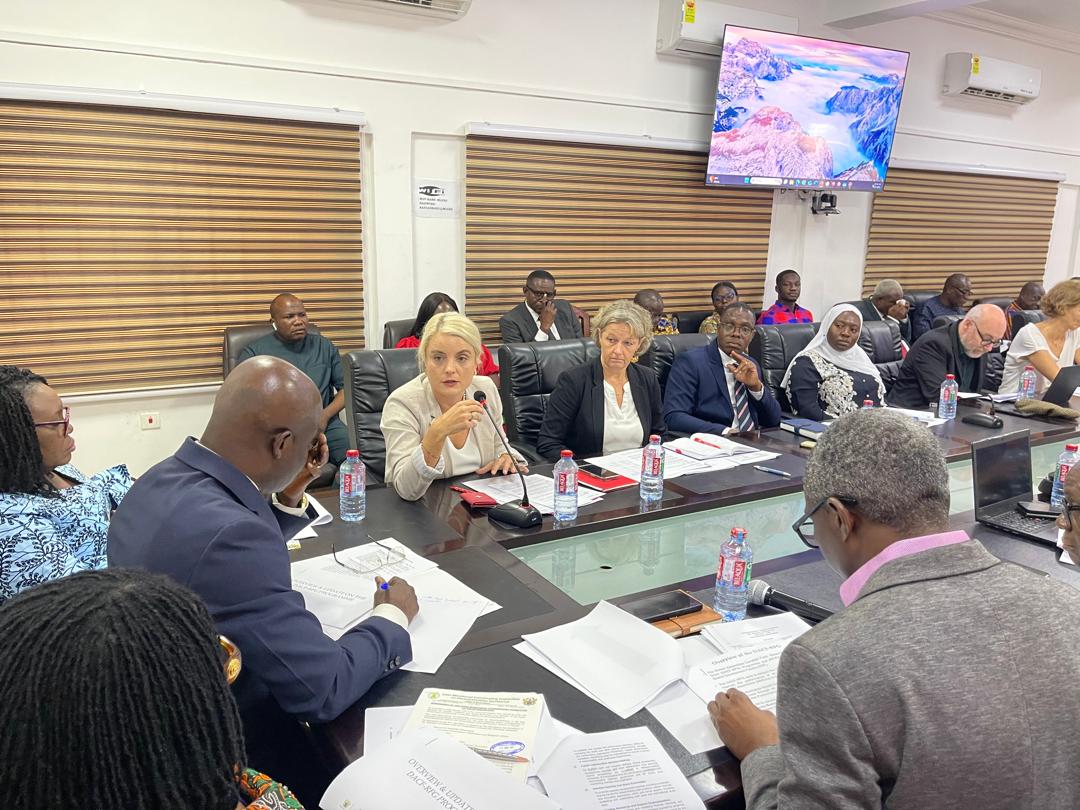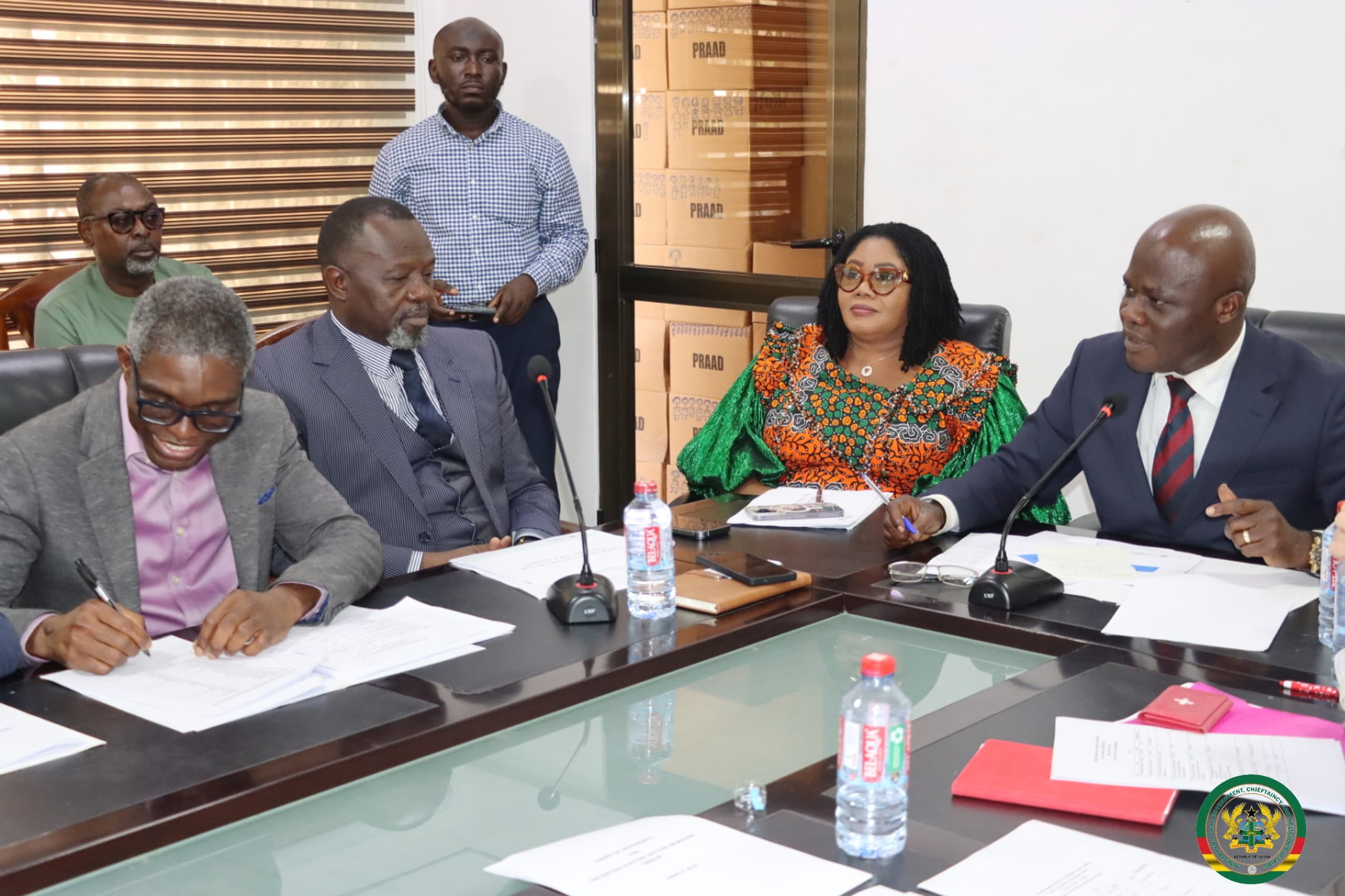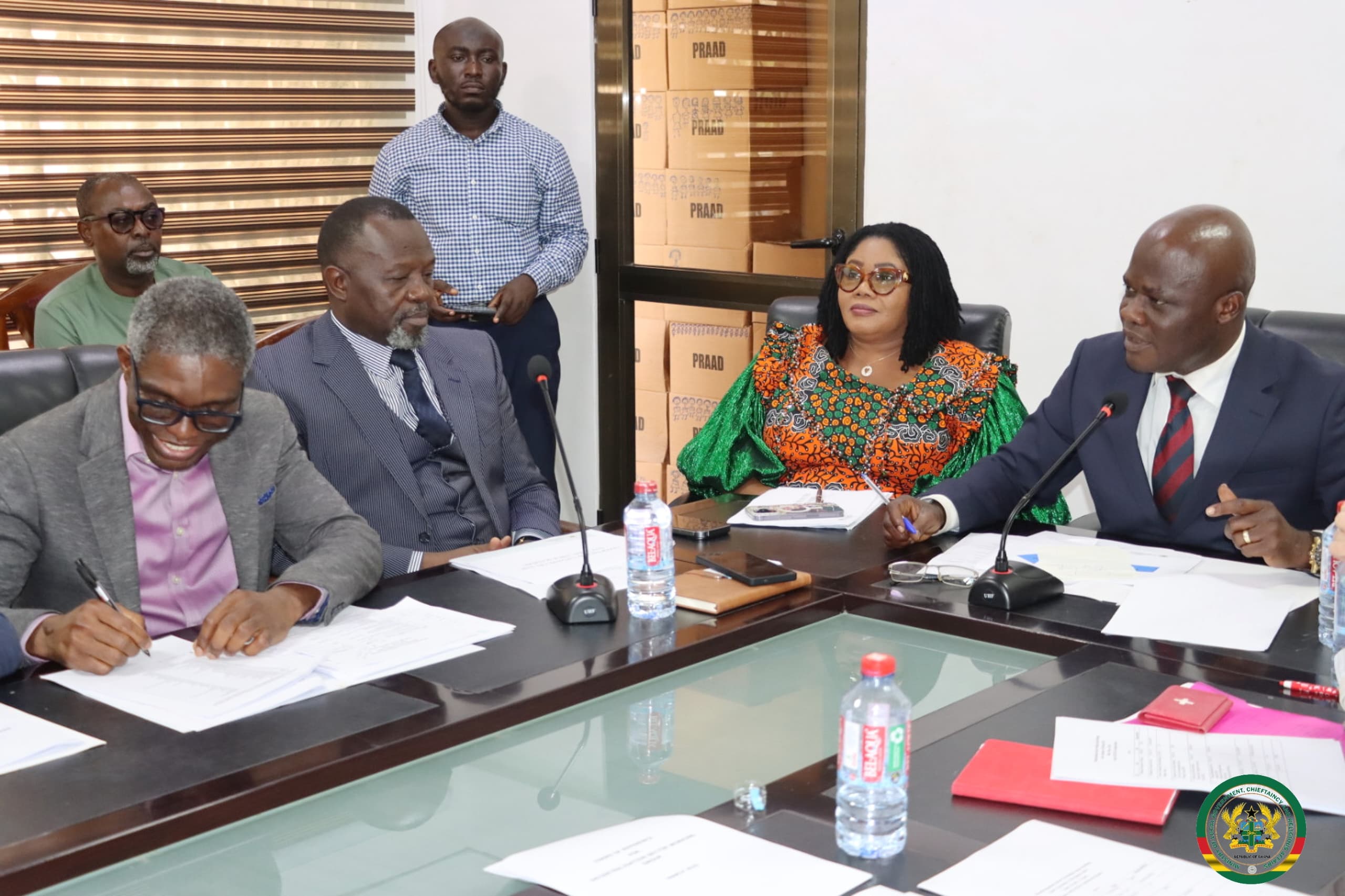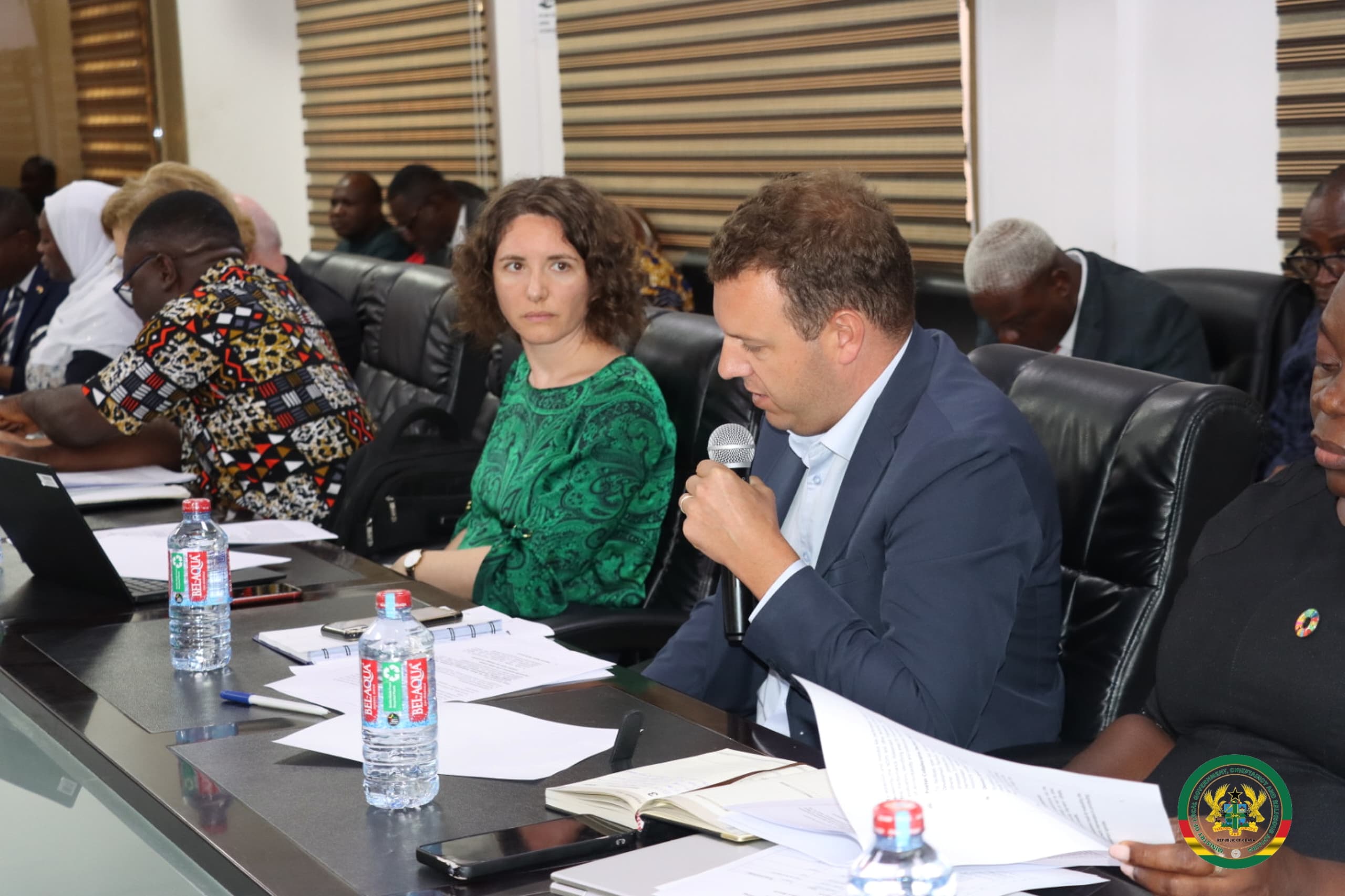On Thursday, March 27, 2025, Hon. Ahmed Ibrahim, the Minister for Local Government, Chieftaincy, and Religious Affairs, addressed the Decentralisation Sector Working Group (DSWG) meeting. The meeting brought together key stakeholders, including the Ministers for Justice and Attorney General, Gender, Children and Social Protection, and development partners, to discuss the Government's decentralisation agenda.
In his speech, Hon. Ibrahim reiterated the Government’s commitment to decentralisation, emphasizing the need for a non-partisan approach to local governance. He stressed that the election of Metropolitan, Municipal, and District Chief Executives (MMDCEs) should be done on a non-partisan basis, reflecting the Government's focus on deepening democracy at the local level.
"The Government’s Reset Agenda prioritises decentralisation. The overwhelming support we received in the 2024 elections clearly shows that Ghanaians are ready for this change," Hon. Ibrahim said.
The Minister also addressed the constitutional amendments proposed by the previous Government, including changes to Article 55(3) to allow political party participation in local elections and to Article 243(1), which grants the President the power to appoint MMDCEs. Hon. Ibrahim expressed the Government’s belief that such changes are necessary to strengthen local governance, pointing out that the current system is seen as undemocratic.
"We want to ensure that the local government system reflects the true will of the people, free from political party influence," he stated.
Looking ahead, Hon. Ibrahim outlined several key priorities for the Ministry, including increasing the share of the District Assemblies Common Fund (DACF) from 5% to 7.5% of national revenue, finalising the Local Government Borrowing Act, and launching initiatives such as the “Clean Up Ghana” project.
Other priorities highlighted by the Minister include finalising the National Decentralisation Policy (2025-2029), the National Rural Development Policy (2025-2034), and the National Urban Policy (2025-2034). Hon. Ibrahim also stressed the importance of capacity building for traditional authorities and religious leaders, as well as strengthening sub-district structures.
The Minister concluded by calling for continued collaboration with development partners to ensure the success of these reforms, stating, “Together, we can reflect, reset, and strengthen the decentralisation agenda for the benefit of all Ghanaians.”
The meeting marked a key step in Ghana's ongoing decentralisation efforts, with all parties expressing their commitment to advancing reforms that improve local governance across the country.
Source: Darling Maame Efua Cann
(Public Relations Unit MLGDRD)
